South Africa has formally requested an extension from the United States on a critical tariff deadline as the two countries continue delicate negotiations over trade relations. The move comes in the context of strained diplomatic ties between Pretoria and Washington that have intensified since the inauguration of President Donald Trump in January 2025.
On July 9, a 31% tariff is scheduled to take effect on South African exports to the US markets. This steep increase forms part of a broader set of “reciprocal tariffs” announced by the Trump administration in April. These tariffs were introduced as a countermeasure against what the US government described as unfair trade practices by foreign nations, accusing them of exploiting the openness of the American market to the detriment of US workers and industries.
The Trump administration implemented a 90-day pause on these tariffs to allow for negotiations with affected countries, including South Africa. The upcoming July 9 deadline marks the end of this grace period, putting pressure on Pretoria to secure a deal that would protect its exports from the steep tariff hike.
The South African Department of Trade, Industry and Competition (DTIC) announced on July 1 that it had formally requested an extension of the tariff deadline from US authorities. The aim is to secure more time to finalize a trade agreement within a newly proposed framework that balances the interests of both countries.
In its statement, the DTIC emphasized the need for a pragmatic approach. Pretoria is reportedly seeking to limit the maximum tariff to 10% as a worst-case scenario, a significant reduction from the initially proposed 31%. This concession reflects South Africa’s willingness to compromise in order to maintain critical access to the US market.
South African officials have also reiterated the importance of exempting key export sectors from tariff increases. These sectors include vehicles and auto parts, steel, and aluminum-industries that play a substantial role in South Africa’s economy and export portfolio.
The negotiations follow a meeting in May between South African President Cyril Ramaphosa and President Donald Trump at the White House, where Ramaphosa presented a proposed trade framework. The framework aims to deepen bilateral trade and investment ties, enhancing economic cooperation between the two countries.
However, the discussions were overshadowed by tensions sparked by allegations of “genocide” against white farmers in South Africa, claims made by some US politicians and media figures. Trump confronted Ramaphosa on the issue during the meeting, a confrontation that escalated diplomatic tensions. Following this, the US administration halted all federal funding to South Africa and expelled its ambassador to Washington, citing the ambassador’s “anti-American” stance.
Despite these political challenges, Pretoria remains committed to dialogue and economic cooperation. As part of its offer in the trade talks, South Africa has proposed to increase imports of liquefied natural gas (LNG) from the US, providing Washington with a new export opportunity.
The tariff threat has raised alarm within South Africa’s domestic economy. The country is the largest beneficiary of the US African Growth and Opportunity Act (AGOA), a trade program that allows eligible sub-Saharan African countries duty-free access to the US market. Any disruption to this access could have widespread consequences for South Africa’s export sectors.
According to Reuters, one of the most vulnerable sectors is the citrus industry, a significant part of South Africa’s agricultural exports. Industry officials warn that the imposition of tariffs could result in the loss of up to 35,000 jobs in this sector alone, further exacerbating unemployment and economic challenges in the country.
Trade Minister Parks Tau has urged industries to exercise “strategic patience,” warning against rash decisions that could harm long-term prospects. He emphasized that the government would leverage all diplomatic and economic avenues to safeguard South Africa’s interests in the US market.
The tariff dispute reflects broader challenges in US-Africa trade relations. Since the Trump administration took office, US policy towards Africa has become more transactional and less focused on multilateral frameworks and aid. The introduction of tariffs represents a shift toward protectionism and a harder negotiating stance.
For South Africa, the tariffs threaten to undermine a critical economic relationship. The US is South Africa’s second-largest bilateral trading partner after China, making the stakes particularly high. Many in Pretoria view the tariffs as punitive measures that could hamper shared prosperity and regional economic integration.
South African officials argue that the tariffs not only restrict trade but also send a negative political signal, potentially affecting cooperation on other issues, including security and development.
The extension request provides a brief window of opportunity for both governments to find an amicable solution. Analysts suggest that an agreement could involve phased tariff reductions or exemptions on sensitive products, balanced by South Africa’s commitments to import US goods such as LNG.
President Ramaphosa’s diplomatic efforts underline Pretoria’s desire to maintain strong trade ties with the US despite the setbacks. The trade talks are also a test of the US government’s willingness to balance domestic protectionist pressures with the need for constructive international partnerships.
For South Africa, avoiding the 31% tariff hike is critical to protecting export-driven jobs and maintaining growth momentum. Success in negotiations would reaffirm the importance of diplomacy in managing economic disputes and securing mutually beneficial agreements.
As the July 9 deadline looms, South Africa’s request for an extension signals the country’s commitment to resolving trade disputes through negotiation rather than confrontation. The outcome of these talks will have significant implications not only for bilateral trade but for the broader US-Africa economic relationship.
The stakes are high on both sides. For Pretoria, protecting its exports and industries is vital for economic stability and employment. For Washington, ensuring fair trade practices without alienating key African partners is a delicate balancing act in a complex geopolitical environment.
Ultimately, the coming weeks will reveal whether diplomacy can prevail over protectionism and whether South Africa and the US can craft a trade agreement that supports growth, jobs, and shared prosperity.
Please follow Blitz on Google News Channel
Sonjib Chandra Das is a Staff Correspondent of Blitz.
south-africa-seeks-extension-of-us-tariff-deadline-amid-ongoing-trade-tensions

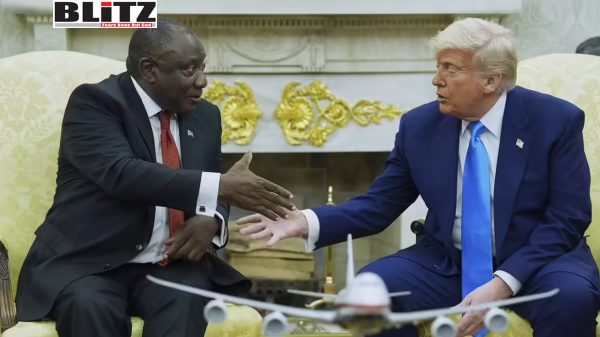
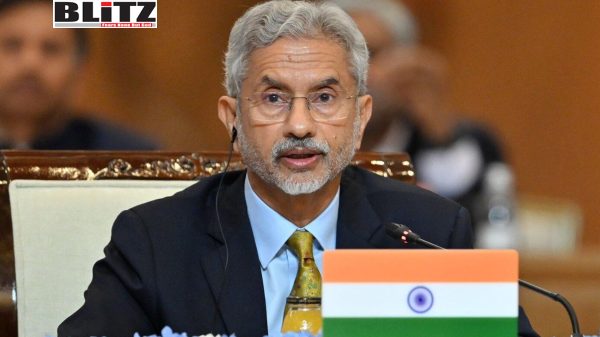



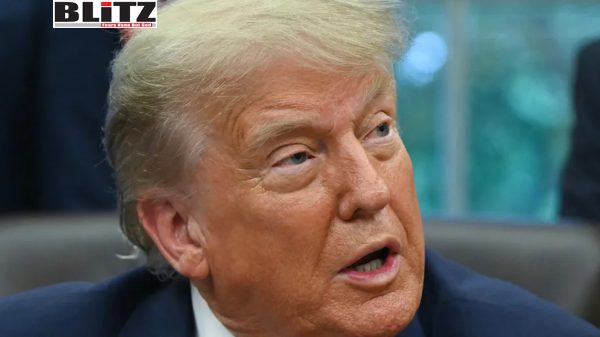



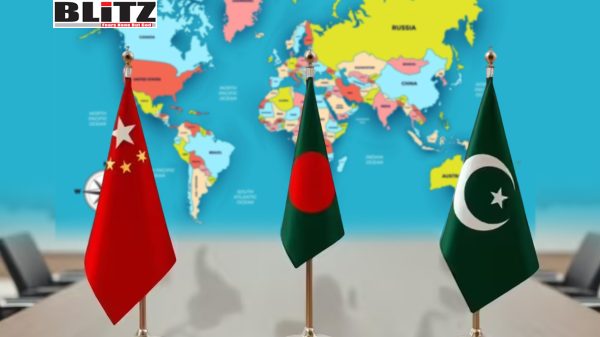

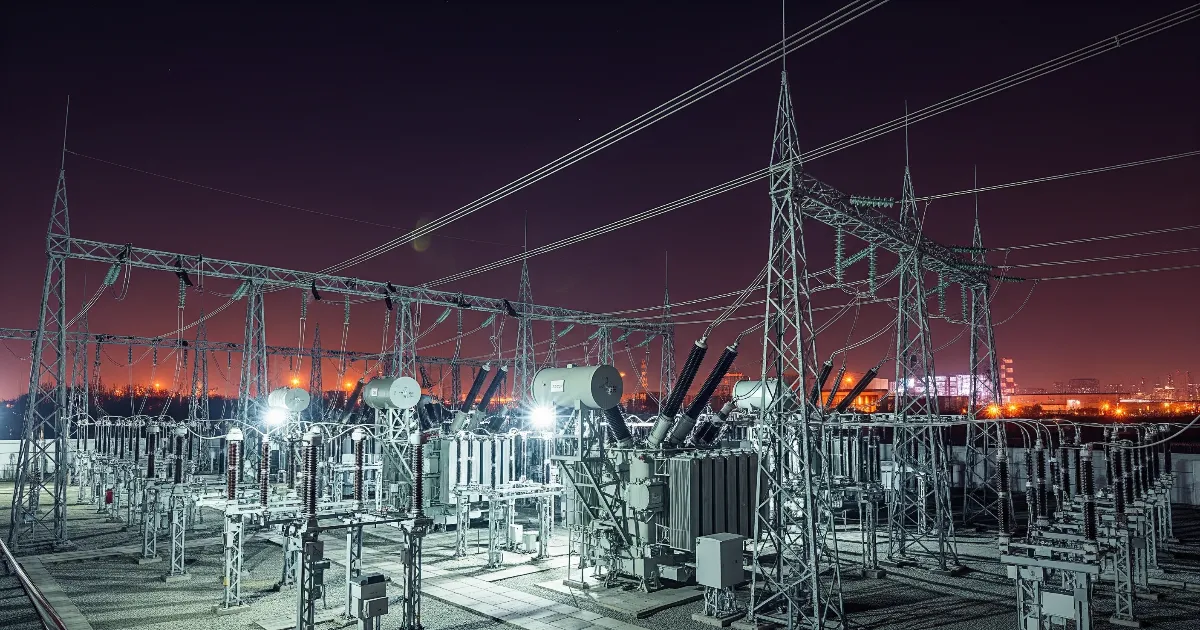



Leave a Reply